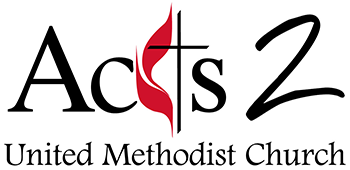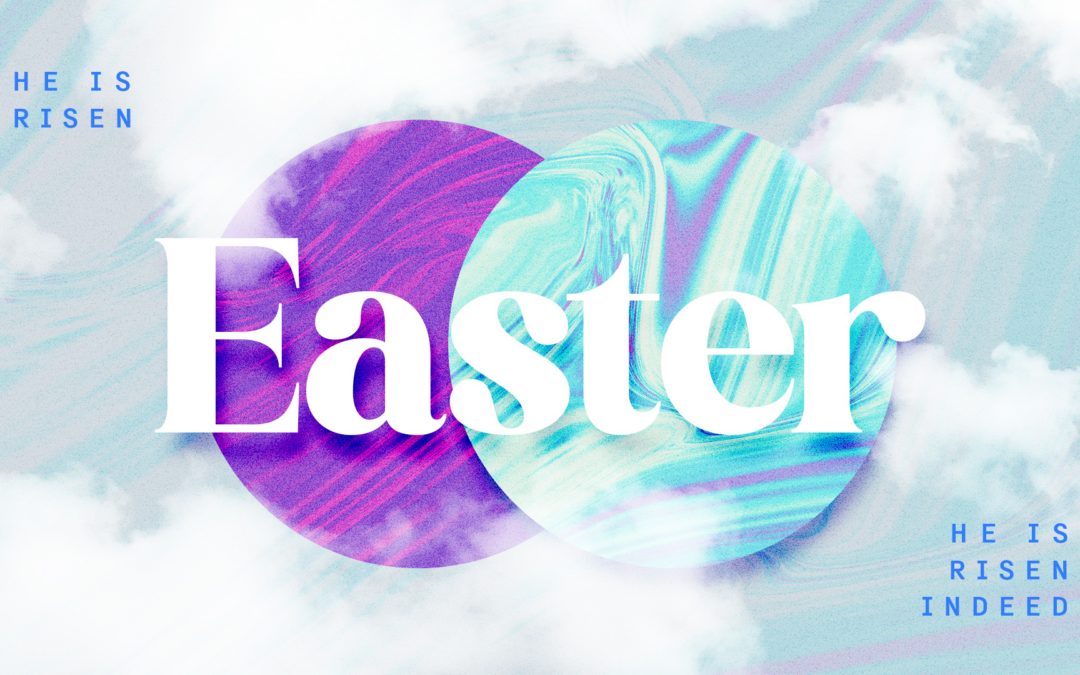Thursday, April 24
Come As You Are, Still
Michael Andres
Reading
Walking down the street, Jesus saw a man blind from birth. His disciples asked, “Rabbi, who sinned: this man or his parents, causing him to be born blind?” Jesus said, “You’re asking the wrong question. You’re looking for someone to blame. There is no such cause-effect here. Look instead for what God can do. We need to be energetically at work for the One who sent me here, working while the sun shines. When night falls, the workday is over. For as long as I am in the world, there is plenty of light. I am the world’s Light.” He said this and then spit in the dust, made a clay paste with the saliva, rubbed the paste on the blind man’s eyes, and said, “Go, wash at the Pool of Siloam” (Siloam means “Sent”). The man went and washed—and saw.
John 9:1–7
Reflection
They say you can grow accustomed to the dark.
Our souls adjust to pain and stress, to exhaustion and failure, the way our eyes learn the shapes of a room once the lights go out. Familiarity becomes its own kind of comfort—not ease, exactly, but something known.
Our stories are made of these moments. Resilience and resignation. Suffering and joy. And each one shapes who we are and who we’re becoming. It’s possible, this side of the tomb, to feel torn. To celebrate healing and still feel uneasy in the light. We know the stone is rolled away. We believe resurrection is real. And still, the brightness can feel like too much, too soon.
I coach a U7 girls soccer team—the Fireballs. Seven seven-year-olds with big feelings, tired legs, and a deep talent for finding mud. This week, the field was soaked from weekend rains. Even after moving to drier ground, more than half the team ended up covered—cleats, socks, hands, faces. One girl even got stuck in the goal net again. It had nothing to do with mud though. It’s just a thing that happens. They were joyfully chaotic, completely present, and entirely unbothered.
Mud. That’s what I meant to talk about.
There’s this story in John’s Gospel where Jesus spits in the dirt, makes mud, and rubs it on the eyes of a man born blind. The man washes, and suddenly he can see. His life is changed forever.
But I wonder how long it took him to trust what he was seeing. To believe the light wasn’t a trick. How long before he stopped reaching for the walls he no longer needed?
Healing doesn’t always come clean. Even when it comes clearly, it can take time to trust.
Lent, for me, was about trust. I didn’t give anything up this year—not in the traditional sense. But I carried something with me in a new way: a black notebook. The first was a gift from Chantelle, and I’ve been through several since. I wrote in it most days—scripture notes, small group reflections, passing thoughts, wandering prayers. Messy, unfiltered, private. A thread of conversation between me and God.
When I looked back this week, I found two quiet entries: “Come As You Are.” Just the title. Once on Ash Wednesday. Once on Good Friday. The song stayed with me.
At the start of Lent, Come As You Are felt like a release—a call to rest and confess. By the end, it had become a quiet affirmation. A reminder. That the light of Easter is real. That the welcome still holds. And that we don’t have to be fully ready to receive it.
If you’re still blinking in the light, still adjusting—be gentle with yourself. The tomb is empty. Resurrection is real. And healing, like light, takes time.
Come as you are. Still.
PRAYER:
Risen Christ, who meets us in the half-light,
Walk with us as we learn to see again.
AMEN.


